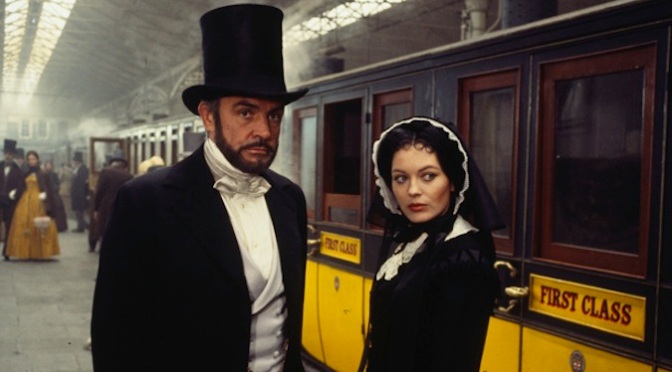There’s this dude Nathan. He’s one of the few dudes onscreen in Ex Machina, the directorial debut of 28 Days Later and Sunshine scribe Alex Garland. Nathan is a walking paradox, even in the most perfunctory surface-level characterization of him as a hard-drinking frat boy who also happens to be a veritable technological genius. Caleb, his temporary intern of sorts, at one point compares him to Mozart — likely the first time a Mozart figure has ever spent so much time on abs and forearms. This straightforward incongruity in Nathan would only work with the right actor in his shoes, and Oscar Isaac is the right actor. A force in Inside Llewyn Davis and A Most Violent Year, Isaac is utterly convincing throughout Ex Machina. Nathan drains bottles of beer and vodka, yells at his maid, passes out drunk, wakes up to lift weights and beat his punching bag, and soon starts in on the beer and vodka again — and yet he’s always the smartest guy in the room by a longshot.
That somewhat superficial contradiction (or, for the purposes of a review of a film about artificial intelligence: that skin-deep, cosmetic, inorganic contradiction) is only the beginning of Nathan. Isaac is joined by Domhnall Gleeson as Caleb, the timid young coder brought to Nathan’s underground tech lair as ostensible winner of a contest to take part in a secret experiment (Isaac and Gleeson are also both in The Force Awakens later this year, which is doubly exciting after seeing Ex Machina). Together they deliberate Ava, Nathan’s advanced A.I. that not only walks exactly like a human and talks exactly like a human but thinks exactly like a human, too. What that means, exactly, is exactly what Ex Machina probes. Maybe. Spoilers follow.
Continue reading Ex Machina (2015) →










